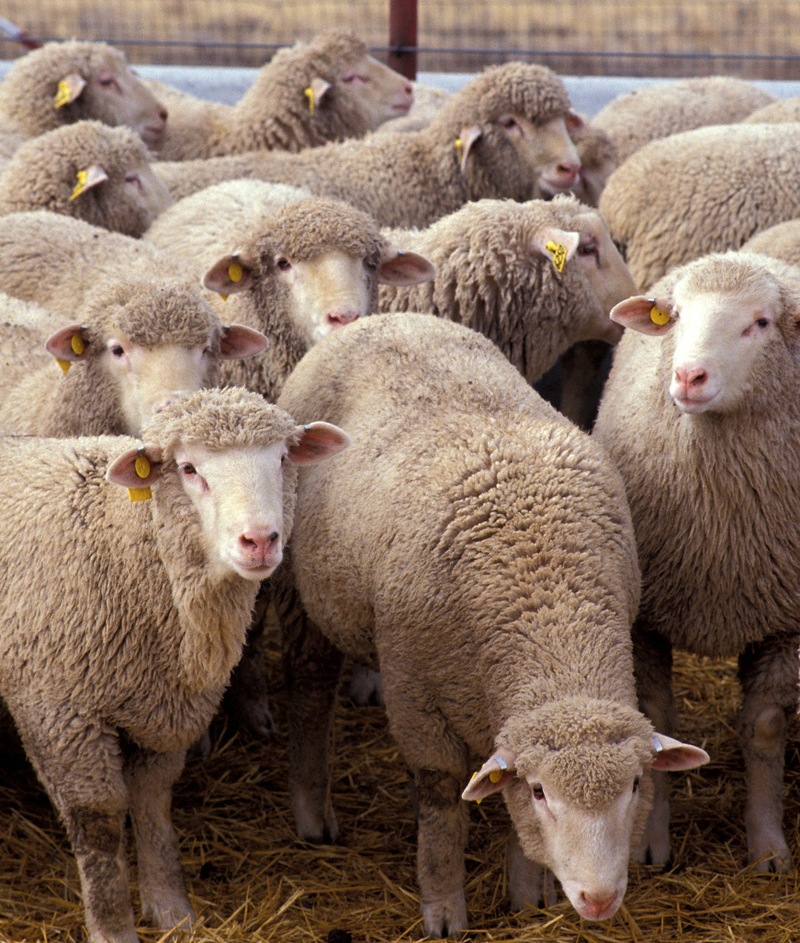SHEEP REARING
Sheep can be reared as free range (where there is no shortage of land) or under housing inside a shed. It is a very important component in dry land farming system. With very low investments can be made in to a profitable venture for small, marginal farmers and landless labours.
Introduction
Sheep with its multi-facet utility for wool, meat, milk, skins and manure, form an important component of rural economy particularly in the arid, semi-arid and mountainous areas of the country. It provides a dependable source of income to the shepherds through sale of wool and animals.
The advantages of sheep farming are:
-
Sheep do not need expensive buildings to house them and on the other hand require less labour than other kinds of livestock. The foundation stock is relatively cheap and the flock can be multiplied rapidly.
-
Sheep are economical converter of grass into meat and wool.
-
Sheep will eat varied kinds of plants compared to other kind of livestock. This makes them excellent weed destroyer.
-
Unlike goats, sheep hardly damage any tree.
-
The production of wool, meat and manure provides three different sources of income to the shepherd.
-
The structure of their lips helps them to clean grains lost at harvest time and thus convert waste feed into profitable products.
-
Mutton is one kind of meat towards, which there is no prejudice by any community in India and further development of superior breeds for mutton production will have a great scope in the developing economy of India.

Advantages of sheep rearing
-
Well adopted to environment and poor management practices.
-
The meat rate is increasing day by day.
-
Sheep are suitable for wool and meat.
-
Average of 1-2 kids per sheep per delivery.
-
Average meat recovery of 22-30 kg/goat.
-
Penning leads to manurial value to land.
( Source: www.indg.in ) |